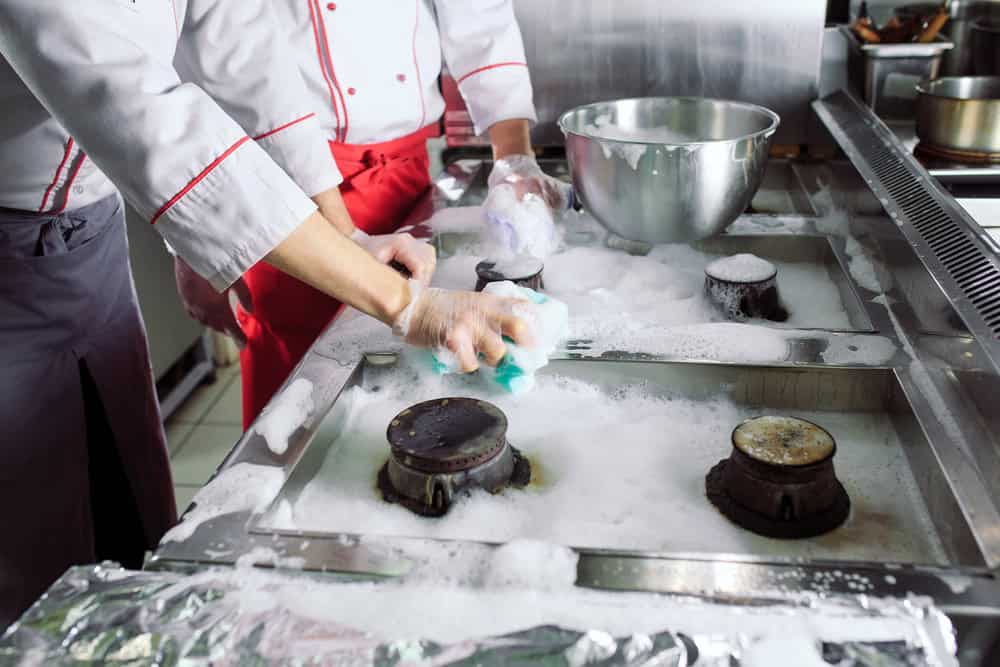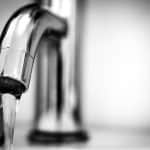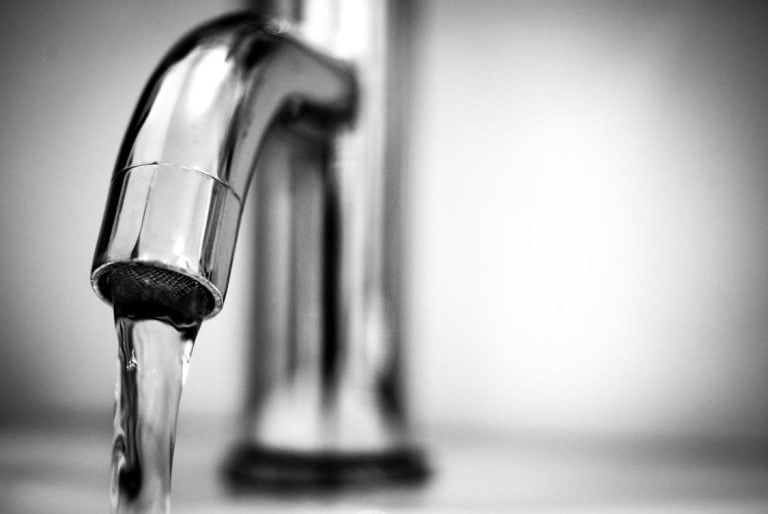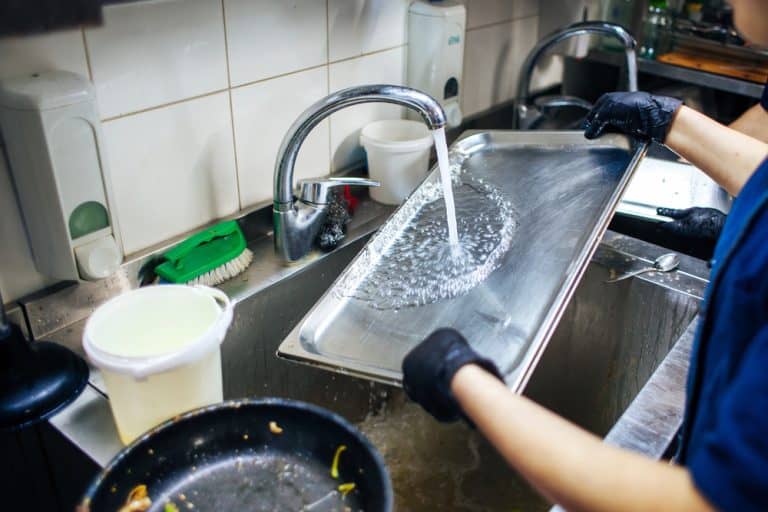Dealing with pipe clogs can be an infuriating experience for any business owner. Imagine running a bustling restaurant, only to be interrupted by a sudden blockage that halts your service. Or consider the impact on a manufacturing facility when waste pipes back up. While it might be easy to chalk these issues up to bad …
The Real Reason Your Business Keeps Experiencing Clogs

Dealing with pipe clogs can be an infuriating experience for any business owner. Imagine running a bustling restaurant, only to be interrupted by a sudden blockage that halts your service.
Or consider the impact on a manufacturing facility when waste pipes back up. While it might be easy to chalk these issues up to bad luck or age, the real reasons often run deeper.
Poor Maintenance Practices
One of the top reasons your business might suffer from persistent pipe clogs is a lack of regular maintenance. Just like any other system, plumbing requires routine check-ups.
Neglecting this aspect can lead to buildup from grease, soap, and debris. Over time, this buildup constricts the flow of water, creating an environment ripe for clogs.
Think of your plumbing like a vehicle. Regular oil changes and inspections keep it running smoothly. Similarly, scheduling regular maintenance for your pipes can prevent those annoying blockages from arising.
A little effort in the form of routine checks saves both time and money in the long run.
Inappropriate Waste Disposal

Another major contributor to pipe clogs lies in improper waste disposal practices. Businesses often overlook the type of materials they flush down the drain.
For instance, food particles, grease, and paper products can wreak havoc on your plumbing system. When these substances accumulate, they form stubborn clogs that can require extensive repair work.
It’s essential to educate your staff on proper waste disposal methods. By implementing straightforward guidelines, you can minimize the risk of clogs.
Consider placing clear signage near sinks and toilets to remind employees of what should and shouldn’t go down the drain.
Outdated Infrastructure
Sometimes, the problem isn’t just what goes into the pipes but also what the pipes are made from. Older buildings may have outdated plumbing systems that are more prone to clogs.
Corrosion, mineral buildup, and tree roots can compromise the functionality of these pipes, leading to frequent blockages.
If you suspect that your plumbing might be aging, consider an inspection from a professional. Replacing outdated pipes with modern materials can enhance flow efficiency and significantly reduce the occurrence of clogs.
Investing in new infrastructure may seem costly upfront, but it can save businesses a fortune in repairs down the line.
High Water Usage
High water usage in businesses can also lead to clogs. When large volumes of water are used in a short time, it can overwhelm the plumbing system.
Think of it like trying to pour a gallon of water down a narrow funnel; it simply can’t handle the volume, leading to backups.
Businesses that rely heavily on water, such as laundromats or car washes, may experience this issue more acutely. Implementing water management practices can help.
This includes using efficient fixtures and spreading out water usage throughout the day.
Neglected Drainage Systems
A well-functioning drainage system is crucial for preventing clogs. If drainage outlets are clogged with dirt, debris, or leaves, water can back up into your system.
Regular cleaning and upkeep of drainage systems can mitigate this issue.
Establish a routine to check and clean your drainage systems. This step is especially important before seasonal changes, such as heavy rains or snowmelt, which can exacerbate drainage issues.
Employee Training
Your employees play a key role in preventing clogs. Lack of training on proper plumbing practices can lead to unnecessary blockages. Staff members may not realize the consequences of poor waste disposal or neglecting to report leaks.
Consider hosting training sessions focused on plumbing best practices. By fostering an environment of awareness and responsibility, you can significantly reduce incidents of pipe clogs.
Encourage employees to communicate any plumbing issues promptly, as early detection can prevent more significant problems.
Chemical Cleaners
While chemical drain cleaners may seem like a quick fix, they can cause more harm than good. These substances can corrode pipes over time, leading to leaks and clogs.
Additionally, they often treat the symptom rather than the underlying problem, allowing blockages to recur.
Instead of relying on chemical solutions, consider natural alternatives or professional plumbing services. Baking soda and vinegar can work wonders for minor clogs, while a professional can address persistent issues effectively.
For more urgent plumbing issues, don’t risk further damage — contact a company that offers quick response for emergency plumbing services.
Foreign Objects
Sometimes, clogs occur due to foreign objects finding their way into the plumbing system. This is particularly common in commercial kitchens where utensils or food packaging may accidentally be discarded down the drain.
Implementing strict waste management practices can help prevent this scenario. Install screens or filters in sinks to catch unwanted debris before it enters the plumbing system.
This simple measure can save you from significant headaches later on.
Environmental Factors
Environmental factors can also contribute to pipe clogs. For example, heavy rains can lead to an influx of water that overwhelms drainage systems.
Similarly, tree roots can invade old pipes, creating blockages that may not be immediately visible.
Keeping an eye on your plumbing system and addressing potential environmental issues, such as landscaping around your building, can help mitigate these problems.
Regular inspections can provide insights into any roots or other obstructions that may need attention.
Aging Equipment
In businesses where plumbing systems are tied to machinery, aging equipment can create issues. For instance, if a dishwasher is malfunctioning, it may send large debris into the pipes, leading to clogs.
Regular testing and maintenance of all equipment that interacts with your plumbing can help prevent these issues. Keeping machinery up to date ensures that waste is processed correctly, reducing the likelihood of blockages.
Seasonal Changes
Seasonal changes can also impact your plumbing system. For instance, winter can cause pipes to freeze, leading to cracks and clogs when they thaw.
Conversely, spring rains can overwhelm drainage systems, leading to backups.
Being proactive about seasonal maintenance can help prepare your plumbing for these changes. Insulating pipes before winter and checking drainage systems before the rainy season can make a world of difference.
Lack of Professional Support
Finally, the absence of professional support can exacerbate plumbing issues. Many businesses wait until a problem arises before calling a plumber, which can lead to more significant complications down the line.
Establishing a relationship with a plumbing professional can provide peace of mind. Regular inspections and maintenance from experts can help catch potential issues before they escalate, ensuring your business runs smoothly.









